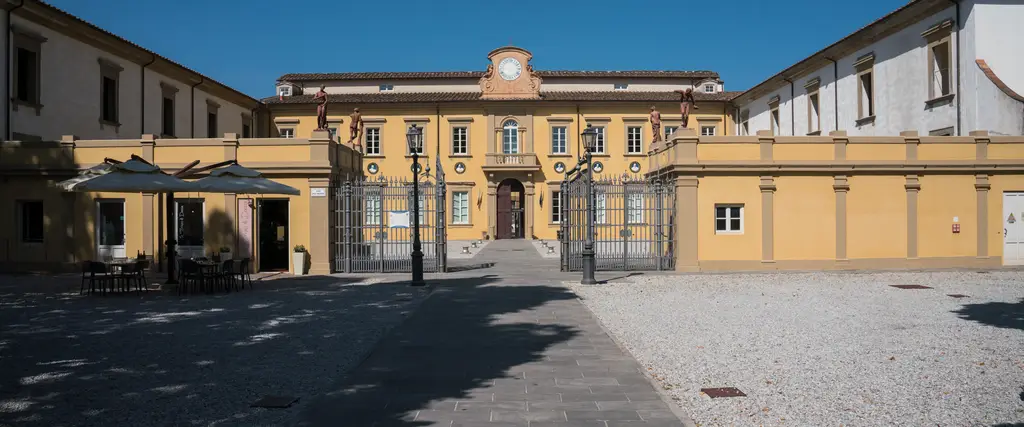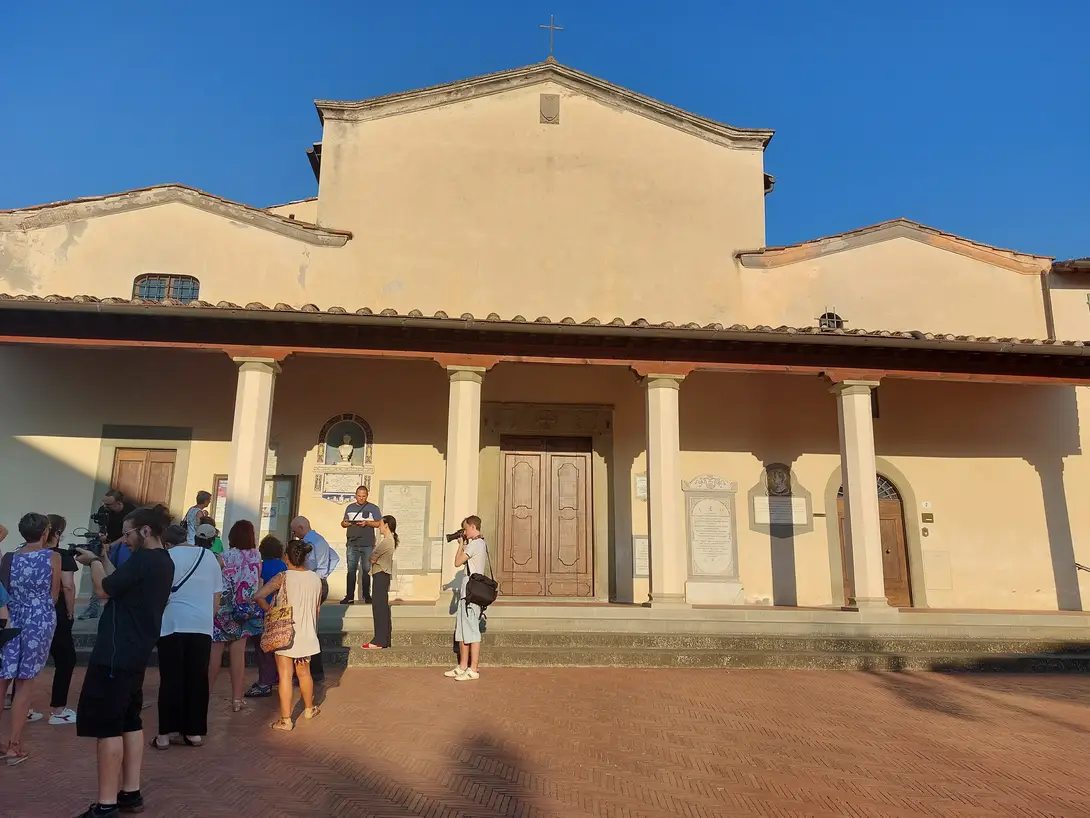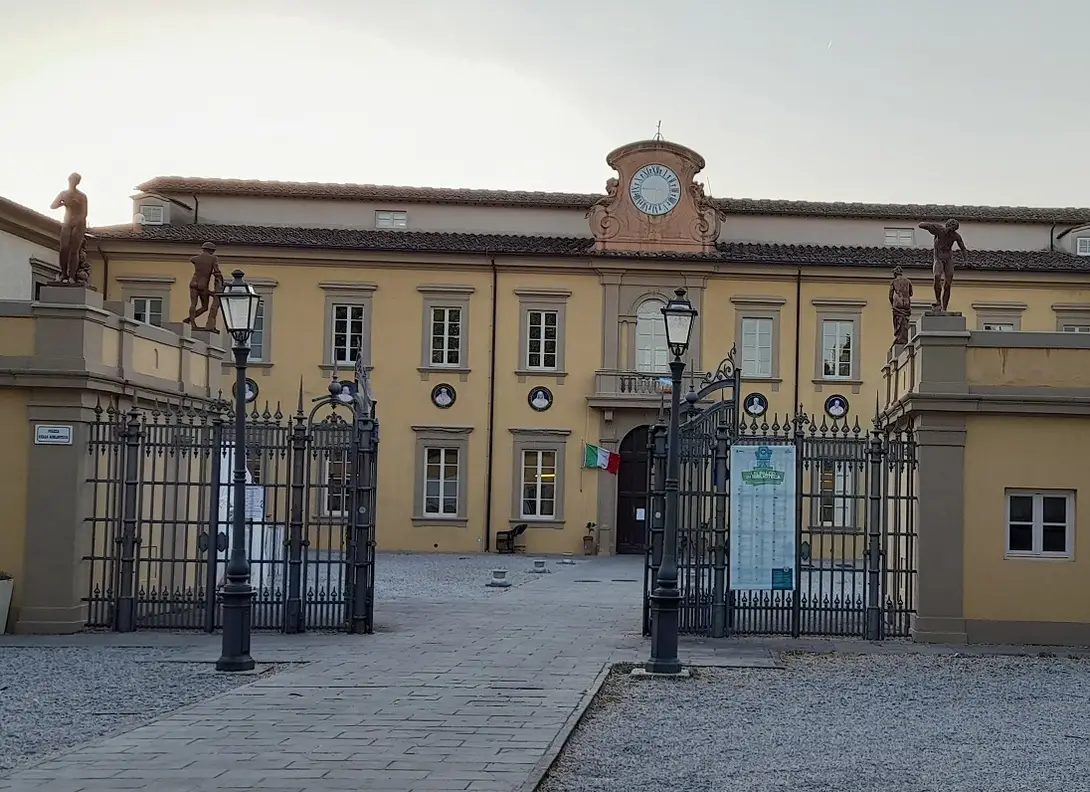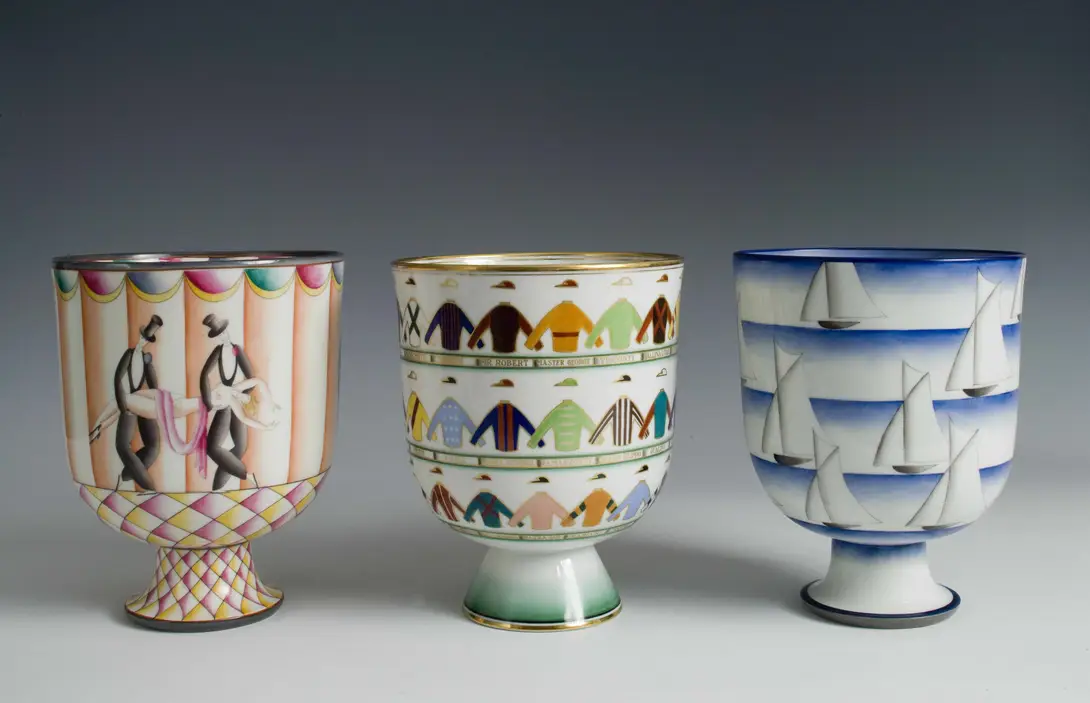
The Manufacture of Doccia, in Sesto Fiorentino
Three centuries of artistic creation, social history, employment and work: it is the time when the Manufacture of Doccia has shaped since 1737 the territory of Colonnata and Doccia, two adjacent locations, at the foot of Mount Morello, in the municipality of Sesto Fiorentino.
Marquis Carlo Ginori set up his manufacture in a plot of land owned by the family, after studying the way of producing and working the fine and elegant material called porcelain. The first manufacture was artisanal, but the world of porcelain was quite vast: the marquis collected pieces, employed craftsmen, developed decorations and new techniques.
A world that found employment and creativity in Doccia: and that since 1737 until today has never ceased to produce majolica, ceramic, porcelain.
Discovering these places means trying to understand how a model factory can shape a territory.
We inevitably have to mention the Ginori Museum, that is no longer in Doccia but near the current factory: at the moment, however, it is closed as it needs extensive renovation work.
But the Ginori world and the fundamental role of porcelain production can be explored in an itinerary starting from the San Romolo a Colonnata church. The church has original porcelain decor, both internally and externally.
Not far is the area of the former Manufacture of Doccia, currently occupied by residential buildings flanked by remains of the production sites, such as the kilns where pieces were fired. The most interesting building is the one of the current Ragionieri Library, once the real headquarters of the manufacture, where customers were welcomed, where pieces were displayed and where production took place.
Fos some years now the villa, completely restored, has been home to the modern municipal library. Its front is decorated with porcelain tondos (reminiscent of the robbiane) and the interior featuresillustrative panels and works of art that narrate the functions of spaces in times past.
All the pieces of the Ginori collection, together with drawings, models and the library are found in the Museo Ginori, in the area of the plain; its future reopening will mark the completion of this project, to discover such an important manufacturing tradition.
Comune di Firenze
Etapas
Church of San Romolo | Colonnata
The church rises in the hamlet of Colonnata, in the municipality of Sesto Fiorentino. Originating in the 13th century, it was renovated in 1620. The most interesting aspect of this church is its proximity to the Ginori porcelain manufacture in Doccia, currently moved to Sesto.
The art of porcelain is the one decorating the interior of the church, with some highlights: the large tabernacle, a small temple with two small blue Louis XVI style columns and the porcelain small door, miniated by Giovan Battista Fanciullacci; the large Crucifix in white porcelain, taken from a model by Massimiliano Soldani Benzi, dating to 1783.
But the most prestigious piece of the church is the porcelain altar. Made in 1783, it is the largest sized piece created in Doccia at that time. The masonry structure is entirely covered in porcelain tiles on which festoons, frames, cornucopias have been glued.
The whole altar complex is attributed to Giuseppe Ettel.
The facade of the church is adorned with gravestones and porcelain decorations that are the work of the Manufacture.
Ragionieri Library | Sesto Fiorentino
The Ernesto Ragionieri public library in Sesto Fiorentino has very old origins and an evocative history, in fact it was born in 1886 out of the donation of books by French doctor Claude Henry Amédée Chambion to the Biblioteca Circolante, a popular institution.
On this foundation the current library was constituted and since 2010 it has found a home in Villa Buondelmonti, the building where Marquis Carlo Ginori founded the historic Porcelain Manufacture of Doccia in 1737.
The villa perfectly served the functions of representation and museum of porcelain production; today the Library occupies it with its open shelves.
The Library features a children’s area, a multimedia area, Internet stations, magazines, as well as books. In the hall frescoed by Vincenzo Meucci is a conference room.
The Library is part of SDIAF (Sistema Documentario Integrato Area Fiorentina)
Ginori Museum
The initial core of the museum of Doccia is made of pieces collected in the 18th century by the founder of the manufacture, marquis Carlo Ginori; added to these were the sets created over the centuries for illustrious clients: the Hapsburgs of Austria, Napoleon’s sister Elisa Bonaparte, the House of Savoy, the Rothschilds.
The museum bears witness to the moment when porcelain meets art, reaching beyond the limited field of dishware, however valuable. But it also tells the artistic, social and economic history of the oldest porcelain manufacture still active in Italy.
The displayed pieces include from the first prototypes to rococo shapes, from Empire-style objects to richly decorated models of the second half of the 19th century up to the stylised ones, designed by Giò Ponti who wasthe artistic director from 1923 to 1930.
Interesting are the late Baroque period waxworks, made by sculptors who worked for the Medici Grand Dukes, and bought by Count Ginori together with the models, to be used as sketches and models for statues and porcelain ensembles in the wake of the great sculptors of the past.
The Museum was closed in 2014, following the bankruptcy of the Richard Ginori company; it was recently bought by the Italian State, which promoted the creation of the Fondazione Museo Archivio della Richard Ginori Manifattura di Doccia. The museum section is undergoing refurbishment and the building housing it will be restored: reopening of the Ginori Museum is planned for 2025.
From May 2022 it is possible to access the garden in front of the Museum, a green area that has been returned to the community, open every day from 8:30am to 7:30pm (closed in August).


